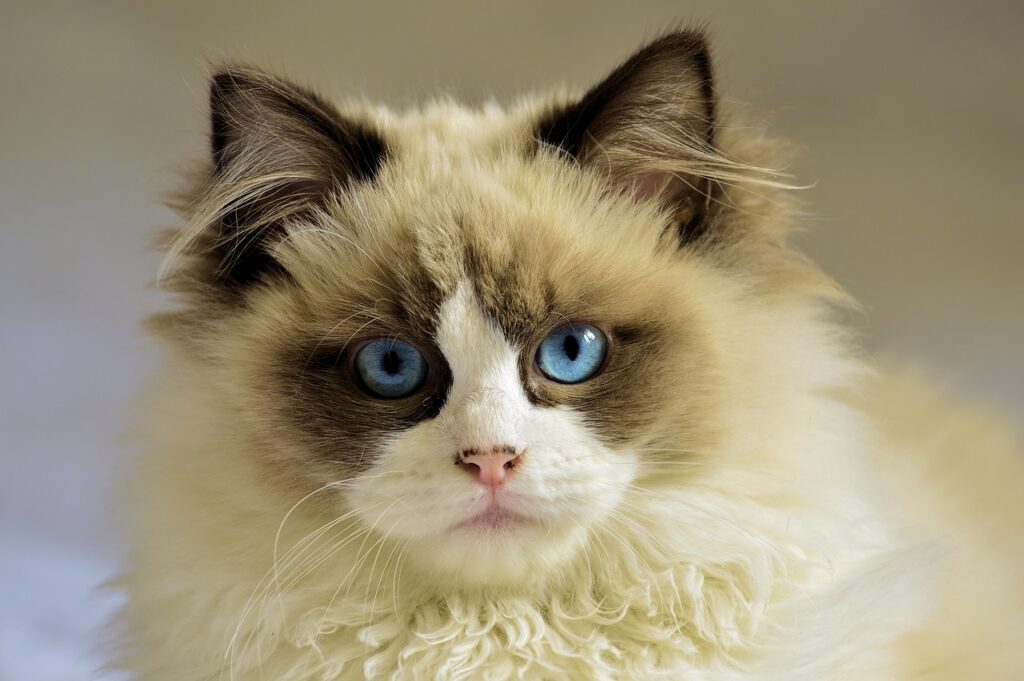Can Cats Eat Sugar? – No, They Can’t
For pet parents pondering over the question, the answer is clear and straight – no, cats should not eat sugar. While a tiny nibble here and there is unlikely to cause immediate harm, sugar is not a part of a cat’s natural diet and offers no nutritional value to them. Moreover, consistent ingestion of sugar can lead to health complications over time.
Is It Safe for Kittens to Consume Sugar?
When it comes to the fragile systems of kittens, offering sugar can be even more precarious. Kittens require nutrient-dense diets to support their rapid growth and development. Sugar, being void of any beneficial nutrients, can displace vital food intake and cause unnecessary risks.
Risks Associated with Feeding Sugar to Kittens
Giving sugar to kittens might not only cause an upset stomach but potentially lead to increased chances of tooth decay and weight gain at an early age. These health risks are heightened in kittens due to their small size and undeveloped immune systems.
Why Sugar is Not Recommended for Cats
Unnecessary Calories
Cats are obligate carnivores, which means their bodies are designed to digest and utilize proteins and fats rather than carbohydrates. Sugar, being calorie-dense and nutritionally poor, can contribute to obesity, which is a growing concern among domestic cats.
Potential for Diabetes
Excessive sugar intake may increase the risk of a cat developing diabetes, a condition where the body cannot regulate blood sugar levels properly. Managing diabetes in cats can be difficult and requires lifelong treatment, making prevention key.
Dental Problems
Just like in humans, sugar can lead to dental issues in cats, such as tooth decay and gum disease. Good dental health is vital for cats, as dental problems can lead to more severe health issues if bacteria from the mouth spread to other parts of the body.
Known Health Issues in Cats from Consuming Sugar
Although cats may not immediately exhibit signs of distress after consuming sugar, over time, it can lead to obesity, diabetes, and dental problems. Additionally, regular sugar intake can cause an imbalance in the cat’s dietary needs, possibly resulting in malnutrition or nutrient deficiencies.
What to Do If a Cat Has Consumed Sugar?
- Observe the Cat: Keep an eye on your cat for any signs of distress or abnormal behavior following sugar consumption.
- Provide Water: Ensure they have access to fresh water to help dilute and process any ingested sugar.
- Contact Your Veterinarian: If you notice any health concerns or if the cat has consumed a large quantity of sugar, seek professional advice.
Safe Alternatives to Sugar for Cats
Instead of sugar, consider offering your cat treats that are high in protein and made specifically for them. These can include freeze-dried meat treats, catnip, or small pieces of cooked chicken or fish. These alternatives will satisfy your cat’s cravings without the health risks of sugar.
Conclusion
In summary, it’s best to steer clear of feeding sugar to cats. While they may be curious about sweet treats, providing them with a balanced diet tailored to their carnivorous nature is essential for their long-term health and welfare. Remember, when in doubt, consult with your veterinarian to ensure your feline friend’s dietary needs are met appropriately.



